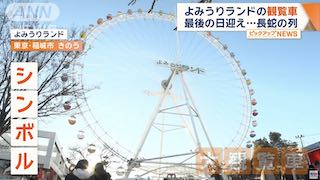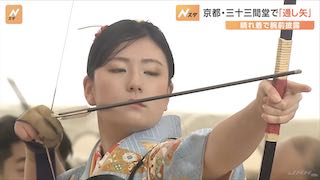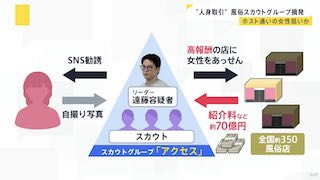Nov 09 (newsonjapan.com) - In 1907, towards the close of the Meiji era in Japan, gambling was made an illegal activity. And with more than a century of strict anti-gambling laws, the situation has not changed much.
However, in the recent past, more people are increasingly curious if gambling will be regulated in Japan. With the tide seemingly set to change, Bettors worldwide are keeping an eye on the progress to legalize and regulate casinos and gambling in the country.
Who owns the Japanese betting scene?
The question for many Japanese and foreign betting enthusiasts is when the Casinos will open and gambling legalized. You see, the biggest problem when it comes to casinos and betting is that Japan is a non-regulated gambling market.
If the government does not regulate the market, the next question is who controls the gambling scene in Japan? The truth is, certain forms of gambling are permitted, but more on that below.
During the years when gambling was not tolerated at all, illegal and unofficial gambling joints and casinos secretly sprung up. Most of these casinos were established outside Tokyo, Japan's capital.
The unofficial casinos were connected to or run by the Yakuza. The Yakuza is a notorious crime organization from Japan.
If you're a resident, police will rarely arrest you for going to these casinos. However, you do need to be careful and watch your back.
Legalized forms of gambling in Japan
A few games and sports are exempt from the betting and gambling rules. These games have kept the scene in Japan active, even as massive opposition faced the activity for a long time. Some of the games and sports you can easily bet on include;
1. Pachinko
Pachinko parlors are all over the place in Japan, and they are probably the closest you'll get to a casino. Essentially, pachinko parlors are like slot machines, only that you don't get money when you win.
Upon winning, you receive a voucher, which you can then use to purchase goods within the premises.
These pachinko parlors may not suit you if you're a foreigner. Before you can access your voucher, you first have to prove you're a resident.
2. Lottery
The lottery has always been big in Japan. Here, you can buy lottery tickets just like you would in the US or UK. The procedure is pretty much the same, too; buy a ticket, scratch, and win
Like most parts of the world, playing the lottery is considered soft betting. But, on your lucky day, you may end up walking away with the jackpot winnings.
3. Bingo
In theory, Bingo is non-existent in Japan. In reality, however, you can easily find underground bingo games.
These are usually run by the Yakuza or inside people's homes. If you're looking to enjoy a quick bingo game in Japan, you can either play in the Yakuza clubs or residences. Of course, playing in someone's house may be different from what you're to, but in Japan, you have to make due.
4. Racing
If you prefer betting on races rather than inside a casino, Japan may be the ideal place for you. Placing bets on races in Japan is legal. This applies to various races, including horse, car, bike, and boat racing.
Until casinos open up in the future, this may be the closest you get to actual betting. Luckily, there's a variety to choose from when it comes to races.
Online and virtual gambling in Japan
As already established above, physical gambling laws govern the casino and betting scene in Japan. Surprisingly, the rules around online gambling are somewhat loose and ambiguous.
That means you can comfortably place your bets and win big on the virtual space. The government is in no apparent hurry to close down online gambling.
For starters, it would be nearly impossible to try and monitor every online activity around the world. Additionally, most people suspect the casino and gambling rules will be lifted as the Tokyo Olympics approaches. This means online casinos will not only be fully legal; they'll also be easily accessible.
Societies have survived and lived off gambling and betting. It is only fair to accord betting enthusiasts from Japan the recourses and avenues to bet. In light of the Tokyo Olympics, a thriving betting scene will attract investors and create a fortune for bettors and the authorities.














